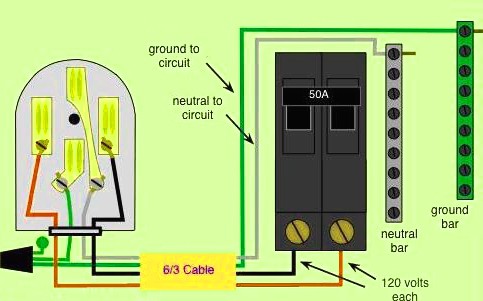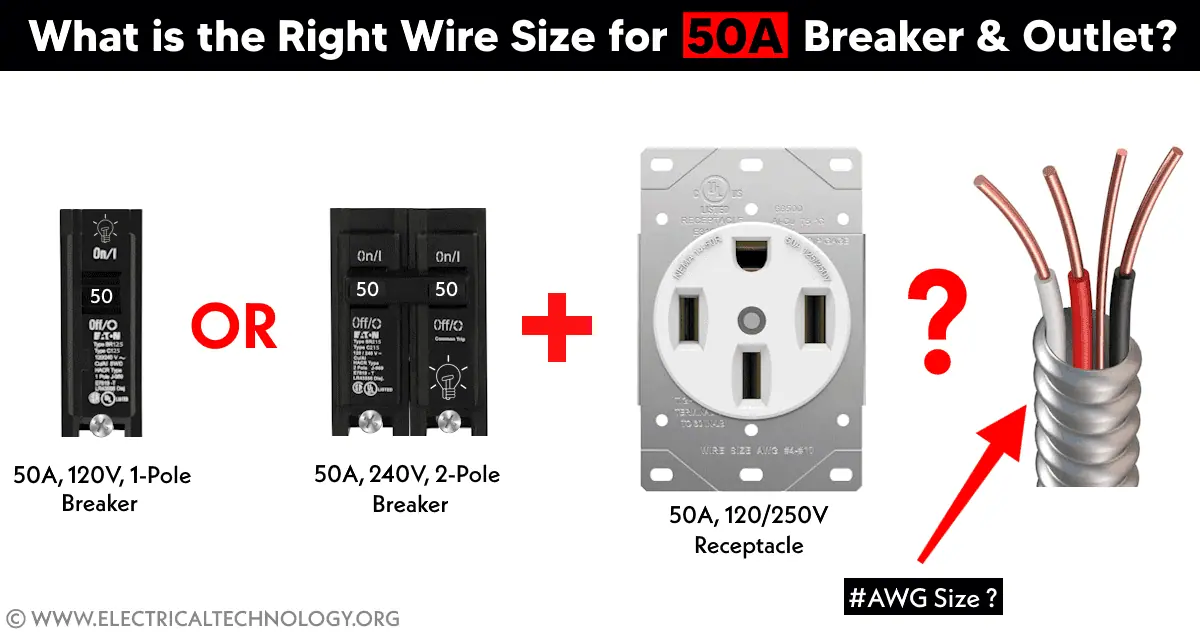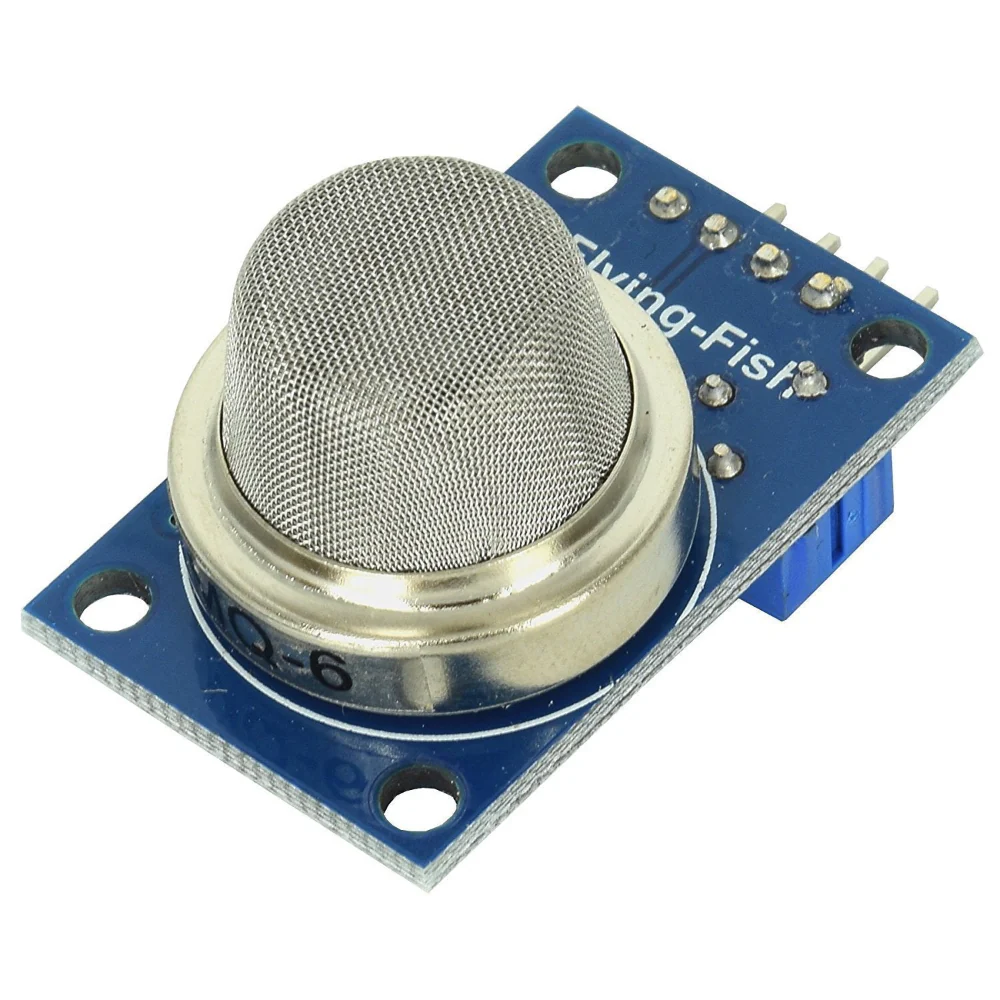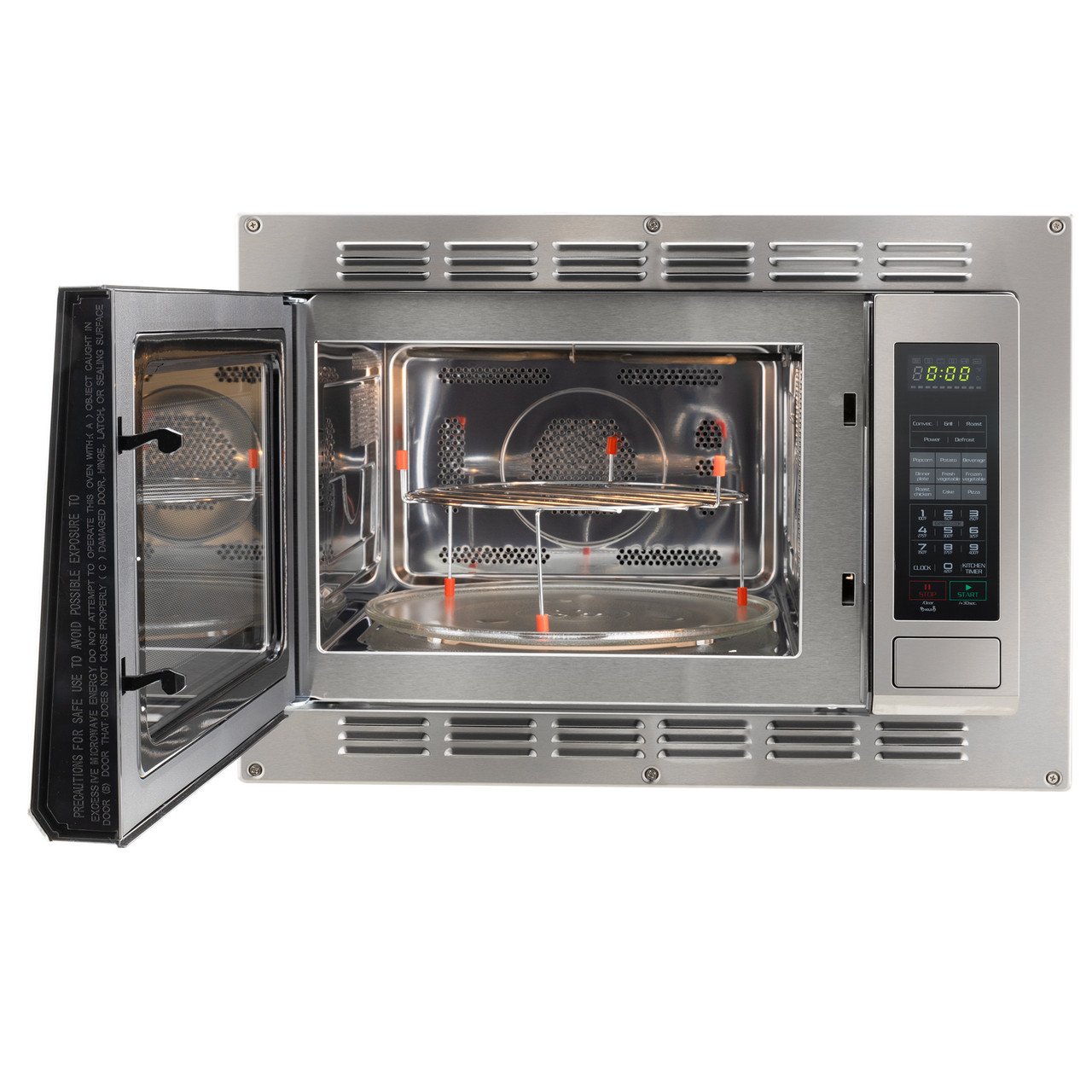Choosing the right wire gauge for a 50 amp RV outlet is crucial. It ensures safety and efficiency.
The correct wire gauge for a 50 amp RV outlet is 6-gauge wire. This wire size handles the high current and reduces the risk of overheating or electrical issues. Proper wiring is essential for your RV’s electrical system. It supports the heavy load of appliances and gadgets inside your RV.
Using the wrong gauge can lead to serious problems. In this blog post, we will explore why 6-gauge wire is the best choice. We’ll also discuss the importance of using proper wiring for your RV setup. Stay tuned to learn more about keeping your RV safe and powered efficiently.

Credit: www.outdoorbits.com
Introduction To 50 Amp Rv Outlets
When setting up an RV outlet, understanding the requirements is crucial. A 50 Amp RV outlet is essential for powering larger RVs with multiple appliances. This type of outlet ensures a stable power supply, preventing electrical issues during your travels.
Importance Of Correct Wiring
Using the correct gauge wire is vital for safety. The wire must handle the electrical load without overheating. For a 50 Amp RV outlet, a 6-gauge wire is recommended. This wire size supports the heavy current flow, reducing the risk of fire hazards.
Incorrect wiring can lead to serious problems. Overheating wires can cause electrical fires. Proper wire gauge ensures efficient power delivery. This means your RV appliances work smoothly without interruptions.
Common Uses
A 50 Amp RV outlet is commonly used in RV parks. It powers large RVs with multiple air conditioners and other high-power appliances. This outlet type is also ideal for home RV setups. It allows you to plug in your RV directly, providing a reliable power source.
Many RV enthusiasts prefer 50 Amp outlets for their versatility. They support a wide range of electrical devices, making camping more comfortable. With the right wiring, you can enjoy all the comforts of home on the road.
Understanding Wire Gauge
Choosing the right wire gauge for a 50 amp RV outlet is crucial. Understanding wire gauge helps ensure safety and efficiency. This section will explore wire gauge definitions and standards.
Definition Of Wire Gauge
Wire gauge refers to the thickness of the wire. The gauge number indicates the wire’s diameter. A lower gauge number means a thicker wire. Thicker wires can carry more current. For a 50 amp RV outlet, a specific gauge is required. Using the wrong gauge can cause overheating.
Wire Gauge Standards
Wire gauge standards are set by different systems. The American Wire Gauge (AWG) is most common in the U.S. AWG numbers decrease as wire diameter increases. For a 50 amp RV outlet, AWG 6 is recommended. This gauge can handle the current safely. Always check local codes and regulations. They may have specific requirements for wire gauge.
Choosing The Right Wire Gauge
Choosing the right wire gauge for a 50 amp RV outlet is crucial. It ensures safety and efficiency. Incorrect wire size can lead to overheating and potential fire hazards. Let’s delve into the factors to consider and the recommended wire gauge for this application.
Factors To Consider
Several factors determine the correct wire gauge. First, consider the length of the wire run. Longer distances require thicker wires to prevent voltage drop. Next, think about the type of wire insulation. Different environments need different insulation types.
Temperature rating also matters. Wires must withstand the temperatures they will be exposed to. Finally, check local electrical codes. They provide guidelines for wire sizes and installation practices.
Recommended Wire Gauge For 50 Amp
For a 50 amp RV outlet, a 6-gauge wire is generally recommended. This size handles the current without overheating. Use copper wires for better conductivity and safety. For runs longer than 100 feet, consider upgrading to a 4-gauge wire.
Ensure proper connections and secure fittings. This prevents any electrical issues down the road. Always follow the National Electrical Code (NEC) for guidelines. This ensures your installation is safe and up to standard.
Safety Concerns
Choosing the right gauge wire for a 50 Amp RV outlet is crucial for safety. Using the wrong wire can lead to problems, including overheating and electrical fires. Understanding the potential risks and ensuring compliance with electrical codes is essential.
Overheating Risks
Overheating is a major concern when using undersized wire for a 50 Amp RV outlet. The wire can become too hot and potentially cause a fire. This is because undersized wire cannot handle the electrical load. To avoid this, always use a wire gauge that is suitable for the current.
For a 50 Amp RV outlet, a 6-gauge wire is typically recommended. This gauge can handle the high current without overheating. Check the wire insulation as well. It should be rated for the correct temperature and environment.
Electrical Code Compliance
Compliance with the National Electrical Code (NEC) is not optional. It is mandatory for safety. According to the NEC, a 50 Amp RV outlet requires a 6-gauge wire. This ensures the wire can handle the electrical load safely.
Here is a summary of the NEC requirements for a 50 Amp RV outlet:
| Requirement | Description |
|---|---|
| Wire Gauge | 6 AWG |
| Wire Type | Copper |
| Insulation Rating | 75°C or higher |
Following these guidelines helps prevent electrical hazards. It also ensures the safe operation of your RV outlet.
Installation Process
Installing a 50 amp RV outlet is a straightforward process if you follow the right steps. Proper installation ensures the outlet works safely and efficiently. This guide provides a simple, step-by-step approach to install the outlet correctly.
Required Tools And Materials
Before starting, gather all necessary tools and materials. This ensures a smooth and efficient installation process.
- 50 amp RV outlet
- 6-gauge wire
- Circuit breaker
- Wire strippers
- Screwdrivers
- Drill
- Electrical tape
- Voltage tester
- Conduit and fittings
Step-by-step Instructions
Follow these steps to install your 50 amp RV outlet:
- Turn off the power. Go to your main breaker panel and shut off the power. Use the voltage tester to ensure no power is flowing.
- Choose a location. Select a safe and accessible place for the outlet, preferably close to where you park your RV.
- Install the circuit breaker. Open the breaker panel and install a new 50 amp double-pole breaker.
- Run the wire. Use 6-gauge wire for the installation. Run the wire from the breaker panel to the outlet location. Secure the wire inside a conduit for protection.
- Connect the wires. Strip the ends of the wires using wire strippers. Connect the black and red wires to the breaker. Attach the white wire to the neutral bus bar and the green wire to the grounding bar.
- Install the outlet. Mount the outlet box at the chosen location. Connect the wires to the corresponding terminals on the outlet: black to hot, red to hot, white to neutral, and green to ground.
- Secure everything. Tighten all connections and secure the outlet box. Use electrical tape to cover exposed wires.
- Test the outlet. Turn the power back on and use the voltage tester to check the outlet. Ensure it provides the correct voltage.
Remember, safety is the top priority. If unsure about any step, consult a professional electrician.

Credit: www.gearit.com
Common Mistakes
Choosing the right gauge wire for a 50 amp RV outlet is crucial. Mistakes can lead to safety hazards and electrical failures. Let’s explore some common mistakes to avoid.
Undersized Wire Issues
Using wire that’s too small can cause overheating. The wire must handle the 50 amp load. Undersized wire can melt insulation and cause fires. Many people underestimate the importance of wire size. Always check the wire gauge rating. For a 50 amp outlet, use 6-gauge wire. This ensures safety and efficiency.
Improper Connections
Improper connections can lead to serious problems. Loose connections cause arcing. This can damage your RV’s electrical system. Ensure all connections are tight and secure. Use the right tools for the job. Poorly done connections can be a fire hazard. Always double-check your work. Secure connections ensure a stable power supply.
Maintenance Tips
Proper maintenance of your 50 amp RV outlet ensures it works safely and efficiently. Regular checks and timely repairs help prevent issues and extend its life. Below are some essential maintenance tips for your RV outlet.
Regular Inspections
Inspect the outlet every few months. Check for loose connections. Tighten any loose screws you find. Make sure there are no visible damages on the wires. Regular inspections can help you catch problems early.
Signs Of Wear And Tear
Look for signs of wear and tear. Check for frayed wires. Inspect the plug for any burns or discoloration. Such signs indicate the need for immediate repairs. Ignoring these signs can lead to bigger issues.
Expert Recommendations
Choosing the right gauge wire for a 50 Amp RV outlet is crucial. This ensures safety and efficiency. Experts recommend following strict guidelines for wire size. Below are professional insights and advice.
Professional Advice
For a 50 Amp RV outlet, experts suggest using 6-gauge wire. This wire size supports up to 55 amps. It ensures your RV gets the necessary power without overheating.
Using the right wire gauge prevents electrical issues. It also ensures compliance with electrical codes. Always choose copper wires over aluminum. Copper is more efficient and safer for high-current applications.
When To Hire An Electrician
Complex electrical installations can be tricky. If unsure about wiring, consider hiring an electrician. Here are situations when professional help is necessary:
- Lack of experience: If you lack electrical wiring experience, hire a pro.
- Code compliance: Ensure your installation meets local codes.
- Safety concerns: Avoid potential hazards by getting expert help.
Hiring a professional ensures a safe and proper installation. This avoids costly mistakes and ensures peace of mind.

Credit: www.youtube.com
Frequently Asked Questions
What Gauge Wire Is Needed For A 50 Amp Rv Outlet?
For a 50 amp RV outlet, you need a 6-gauge wire. This wire can handle the high current and prevent overheating.
Can I Use 8-gauge Wire For A 50 Amp Rv Outlet?
No, using an 8-gauge wire is not recommended. It cannot safely handle the 50 amps required for an RV outlet.
Is Aluminum Wire Suitable For A 50 Amp Rv Outlet?
Aluminum wire is not ideal for a 50 amp RV outlet. Copper wire is preferred due to better conductivity and safety.
What Type Of Wire Is Best For A 50 Amp Rv Outlet?
Copper wire is the best choice for a 50 amp RV outlet. It provides better conductivity and safety compared to aluminum wire.
Conclusion
Choosing the right wire gauge for your 50 amp RV outlet is crucial. It ensures safety and efficiency. A 6-gauge wire is generally recommended. This wire can handle the power load effectively. Always consult a professional electrician for confirmation. Proper installation prevents electrical issues and hazards.
Enjoy a safe and worry-free RV experience. Stay informed and make the best choice for your needs. Thanks for reading!





